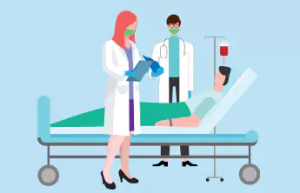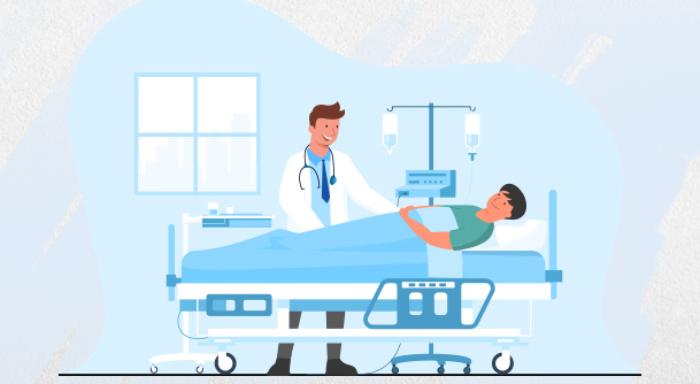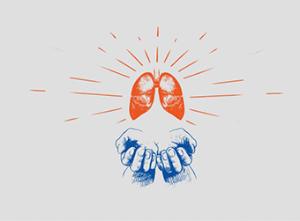Critical Illness The Financial Burden
Blog Title
2501 |
6/7/16 6:31 AM |
When major illness strikes, it not only means large costs for medical care but it also puts tremendous pressure on the family to manage living expenses while the patient recovers.
Today, diseases like cancers, cardiovascular diseases, chronic respiratory diseases, and diabetes are the chief killers in India accounting for 60% of total deaths in India. The disease burden in India is only expected to increase, as the incidence of heart disease and diabetes is expected to double and cancer cases are expected to increase by 25%.
When such an illness strikes, family members not only experience high rates of depression but also financial hardships. Many companies provide their employees with basic health insurance. But when a major illness hits, funds are scarce.
Critical Illness Care is Expensive
Cancer alone accounts for 7% of deaths in India. Just the cost of diagnostics i.e. CT Scans, PET Scans, MRIs, biopsy and other diagnostics may range from Rs. 50,000 to Rs. 1,00,000 (Rs. 1Lakh). After this, there could be a surgery or a treatment regimen that includes radiation and chemotherapy costing few more lakhs. Treatment costs vary from city to city, as healthcare costs are much higher in metropolitan cities. With treatment costs running into several lakhs of rupees, patients often abandon the treatment rather than risk financial ruin.
Similarly, for an open heart surgery, it will costs anywhere between Rs 6 lakhs to 8 lakhs. Other advanced procedures are more effective, but also more expensive.
With hospitals investing heavily in super-specialty equipment, treatments vary widely depending on location, tests, procedures and hospital. Incidental costs like ICU admission, medicines, treatments, etc. can exhaust the entire family’s savings.
What are the Common Critical Illnesses?
Apart from cancer, common critical illnesses include heart attack, stroke, paralysis and kidney failure. These need treatments like a heart transplant, coronary bypass surgery, regular dialysis or a major organ transplantation.
Why Critical Illness is riskier than Death
Surviving a Critical illness can have a much larger impact in the long term on the financial life of the entire family, even more than death. Here’s how:
Loss of Income or Lower Income: After being diagnosed with a critical illness the patient may require a sabbatical leave from work. This may range from a month to various months depending on the severity of the illness and the patient’s condition which will lead to a loss of income for at least few months. Even post treatment the ailing member may have to withdraw from a high-paying challenging role, and take up a more relaxed job, which would result in reduced income.
Family members need to spend more time supporting the ailing member. They could have to curtail their work hours when the patient is undergoing a major treatment and hence this will reduce their earnings.
Heavy expenses on medical treatments and investigations
Modifications may be required to the house in cases where a person is bed-ridden, etc.
Once a critical illness has been diagnosed, even health insurance can’t be upgraded.
The income may reduce or stop but fixed living expenses like EMIs, Utility bills will not stop.
Thus, a critical illness can turn out to be a financial risk not just for the patient but for the entire family. It is therefore extremely important that one considers protecting the family and himself against this financial risk with a Critical Illness Insurance Policy.
How does Critical Illness Insurance Plan work?
A Critical Illness insurance policy provides a fixed lump-sum benefit on diagnosis of a critical illness, which you can use as you, may deem fit. Features are:
The benefit as a lump-sum, irrespective of the actual costs incurred. For example, if ‘A’ has opted for a sum assured of Rs 20 lakhs but the hospitalization costs is only Rs 8 lakhs. ‘A’ will receive the entire sum assured i.e. Rs 20 lakhs because a critical illness plan does not only cover medical expenses but also a loss of income.
The benefit is payable on diagnosis of the illness and does not require any hospitalization, or any kind of treatment to be carried out.
A critical illness policy may also provide a multi claim option, under which the policyholder can claim thrice.
The main objective is to provide financial support at a time when a number of different financial pressures are striking at the same time. The lump sum amount provided by Critical Illness plan will ease the financial burden and provide peace of mind.










